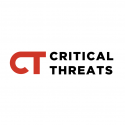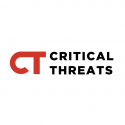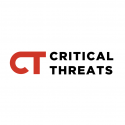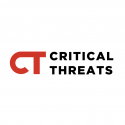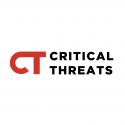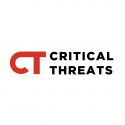Africa File Special Edition: Russian Diplomatic Blitz Highlights the Kremlin’s Strategic Aims in Africa
Jun 6, 2024 - ISW Press
High-level Russian officials are meeting with Russian partners across Africa, seeking to advance the Kremlin’s strategic goals of projecting greater Russian influence to supplant the West and better position Russia for prolonged confrontation with the West. The visits are strengthening Russia’s military footprint on the continent, which enables the Kremlin to use its limited resources to threaten NATO’s southern flank and degrade Western influence, advancing the narrative that Russia is a revitalized great power on par with the West.


